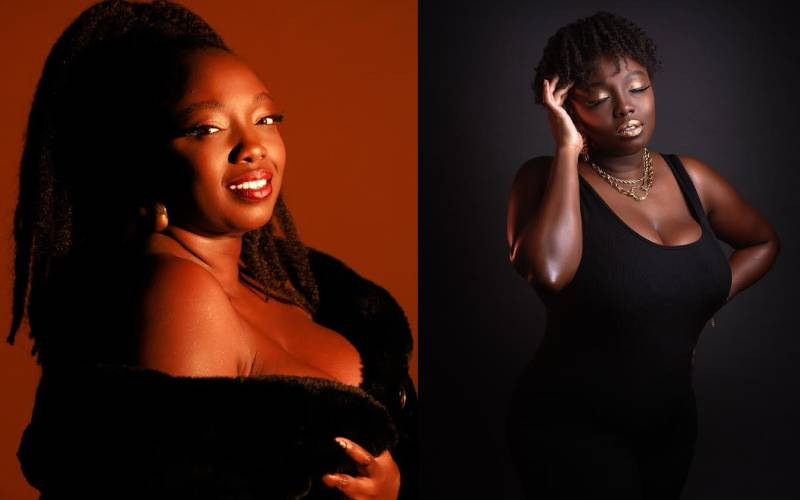
Mothers of new-born babies are always concerned about their child’s healthcare.
My interactions with them as I shared about epilepsy got them asking questions relating to seizures in infants and whether that means one has epilepsy when they experience multiple episodes of seizures.
Much as epilepsy manifest itself through seizures, it is important to understand that not all seizures are as a result of one having epilepsy.
What causes seizures in newborn babies and infants?
There are many causes of seizures in babies. In around 8 out of 10 babies with seizures, these are the most common causes :
1. Being born very early, and having bleeding inside the brain. This is called intra-cranial haemorrhage.
2. Being born on time but having a lack of oxygen to the brain. This is called perinatal hypoxia and can cause an injury to the brain called ‘hypoxic-ischemic encephalopathy’
3. Having low levels of glucose, calcium or sodium in the blood
4. Having an infection such as meningitis or encephalitis
5. Being born with some damage to their brain. This is called cerebral dysplasia or dysgenesis. Cerebral means relating to the brain. Dysplasia or dysgenesis means unusual development
6. Inheriting a medical condition, such as benign neonatal convulsions or having a metabolic disorder such as GLUT 1 deficiency or a genetic disorder such as Dravet syndrome.

How are seizures diagnosed in newborn babies and infants?
It can be difficult to recognize seizures in babies and infants. That’s why it is important that they are referred to a doctor who has had specialist training in diagnosing and treating epilepsy.
The specialist will ask about:
1. The baby’s behaviour
2. Whether all the seizures look the same and last the same length of time
3. Whether the seizures happen while the baby is awake or asleep, or both
4. Whether the seizures are caused by changes in the baby’s posture or when they are doing different things
5. Whether the seizures interfere with or stop, the baby’s activities such as feeding
6. Whether you can stop the seizures after they have started
Recording any behaviour changes on a mobile phone could be very useful to show the specialist. It can help with making the diagnosis.
 The Standard Group Plc is a multi-media organization with investments in media
platforms spanning newspaper print
operations, television, radio broadcasting, digital and online services. The
Standard Group is recognized as a
leading multi-media house in Kenya with a key influence in matters of national
and international interest.
The Standard Group Plc is a multi-media organization with investments in media
platforms spanning newspaper print
operations, television, radio broadcasting, digital and online services. The
Standard Group is recognized as a
leading multi-media house in Kenya with a key influence in matters of national
and international interest.










